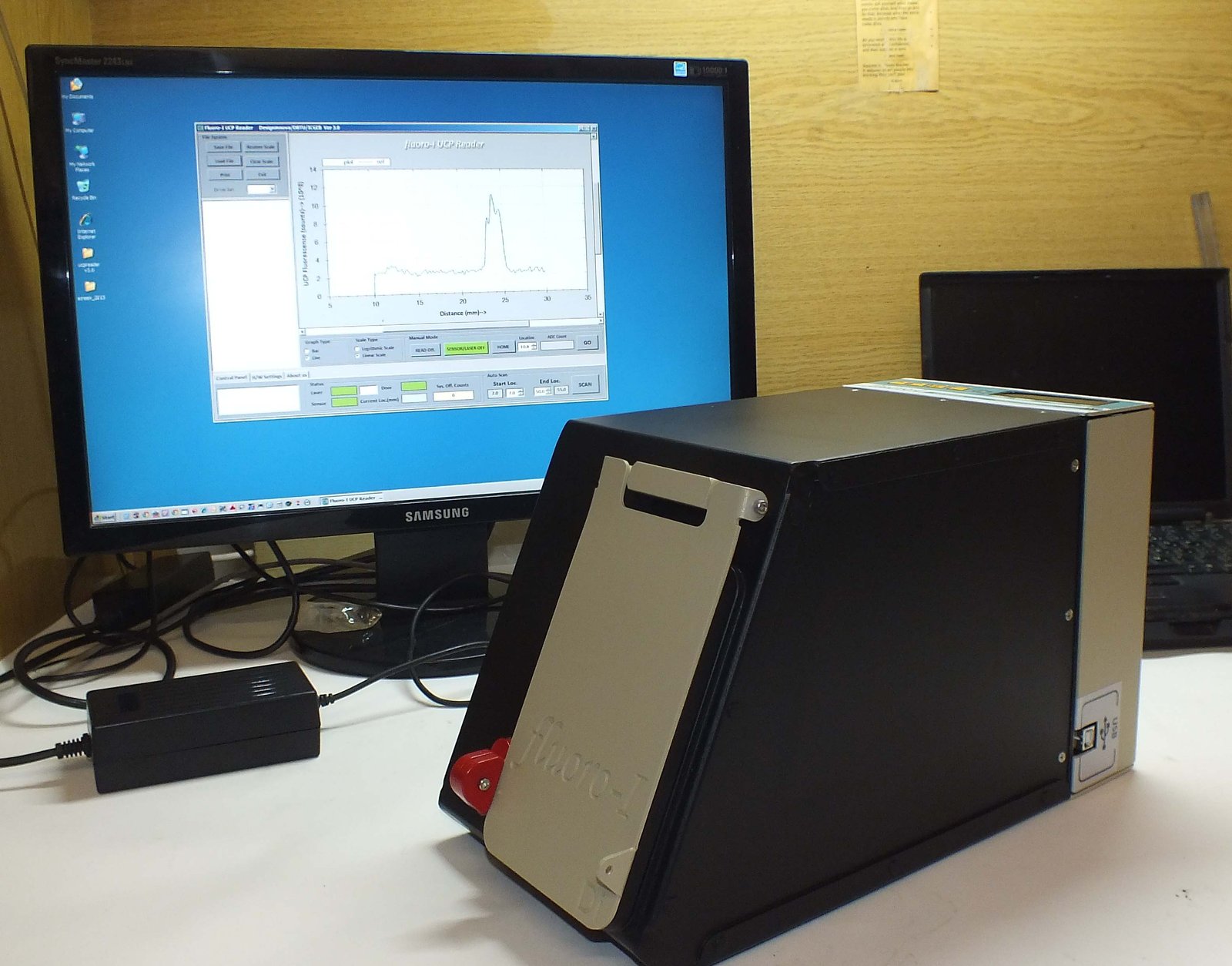Affordable diagnostics for all
August 14, 2013 | Wednesday | Features | By Rahul Koul Koul
Affordable diagnostics for all
The high cost of diagnostic instruments has always been a major roadblock for the cost effective tests within the reach of poor. Moreover, most of them are imported into the country, making these highly expensive and unaffordable in the long run.
Working in this direction, New Delhi based Designinnova (a unit of AWS Pvt. Ltd), a company involved in product development activities in fields of biotech instrumentation, solid-state ( LED) illumination for photo bioreactors for algae growth , plant growing, tissue culture etc. and Industrial instrumentation over the past eleven years , took an initiative to devise a solution. It initiated a project in designing and developing of an affordable fluorescence reader for point-of-care diagnostics.
The partnership with two prominent institutes such as the International Centre for Genetic Engineering and Biotechnology (ICGEB), New Delhi and University of Turku, Finland helped the company to spearhead the project. While the huge availability of designer recombinant proteins at ICGEB that can bind to the nano-particles of all sorts came as a huge benefit, at the same time the expertise of University of Turku in the energy wavelengths was necessary for the triggering of reaction.
These diagnostics are very basic and easy to handle, requiring no extra expertise. The features such as one minute scanning and easy readability are highly appreciable. The technology works on the principle of excitation UCP nano-particle bound to a bio-molecule, excited by low energy infrared laser , as a result the fluorescence in visible region is produced by tagged particle, which are analyzed by , highly sensitive fluorescence reading instrumentation , and transmitted to computer or any media like phone , internet etc. This results in higher test sensitivity, thus, taking the sensitivity of ordinary immunoassays, closer to that of PCR range. This point-of-care technology has the potential to provide multiple diagnostic options in the future that can benefit the patients. This instrument can help to read a multiplexed point-of-care test (HIV, HCV and HBV) in less than a minute and may enhance the blood safety of the blood banks in many developing nations.
This platform design has an immense potential for the point of care diagnostic applications, both in the developing and developed nations. The use of novel up-converting phosphor technology which has the potential to remove the bottleneck of lower sensitivity associated with lateral flow or other format systems and can be adapted for tests for detection of HIV, HCV, HBV, Syphilis and Tuberculosis infections. The Use of UCP has the potential to provide inexpensive options for disease testing.
The ongoing project received funding through Biotechnology Industry Partnership Programme (BIPP) scheme under Biotechnology Industry research Assistance Council (BIRAC) and helped the company to steer ahead of the financial glitches. Designinnova too invested an equal amount of money in the project to keep the project on. Having being conceived in 2010, the project got nod in Feb 2012 after presentations at DBT. The company received DSIR recognition in Nov, 2011 and , the project was completed in an unbelievable time frame of 18 months.
Dr Navin Khanna, who provided required inputs on behalf of ICGEB, says, "Instrumentation design has been our weakness and crucial funding from BIRAC has empowered us to venture in this high-risk activity with Designinnova."
Talking about the relevance of PPPs in India, Dinesh Kumar, director, DesignInnova mentioned, "We have to make such collaborations a necessity. The public institutes have the expertise and that needs to be utilized for the product development. Such partnerships also help in building bridges between different sectors like in our case it was Low power portable embedded instrumentation, mechatronics and biology. However, lack of confidence is a major hindrance among the entrepreneurs to take the initiative. Government must help them with more schemes and lesser documentation possible."
Way Forward:
The company at present is now looking for extended funding for the phase II of the project that will focus on the production of 20-50 pieces of the instruments. Besides that the field trials of these tests at institutes such as Translational Heath and Technology Institute (THSTI), All India Institute for Medical Sciences (AIIMS) will help in generating enough data. The commercialization at a larger scale for the industry will follow optimization of the data from trials.
The project acquires tremendous significance at the time when the availability of quick diagnosis has been an issue that whole India is grappling with. The replication of such diagnostic tools across all the disease areas will work wonders for the patients and medical professionals alike.









